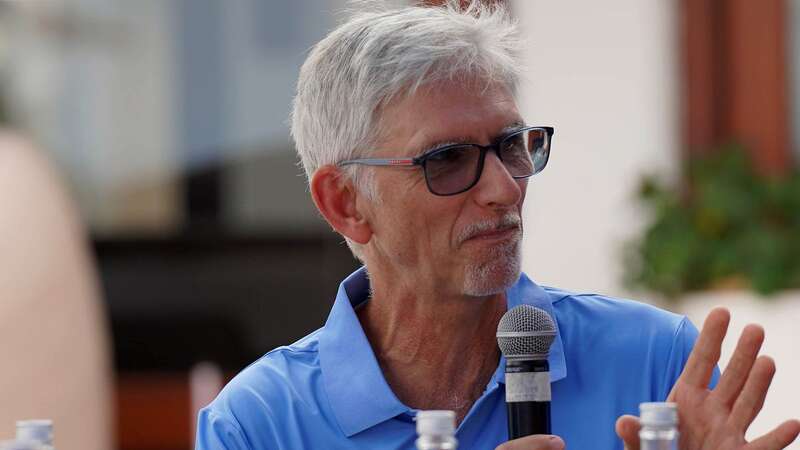
Damon Hill is anxious for the future of a changing Formula 1 landscape despite admitting that the sport must adapt and grow.
The 1996 world champion was reacting to news that the Spanish Grand Prix will move to a new semi-street track in Madrid from 2026. This development thrusts the place of Barcelona's Circuit de Catalunya in F1's future into some doubt.
Soon after came talk that the Japanese city of Osaka wants an F1 race of its own, immediately sparking concern about Suzuka's future in the sport. Other traditional venues, such as Monaco and Spa-Francorchamps, have also had their places doubted in recent times.
Having cast his eye over the planned Madrid track, Hill was reminded of the upcoming 2026 power unit regulation changes. F1 engines will be 50 percent powered by electricity but there has been talk that they will be down on overall power compared to the current power units in use.
Hill feels there may be a correlation. The Sky Sports F1 pundit said: "We've got new engine regulations coming in, and then the talk is of the difficulties they're going to have in extracting consistent performance from the cars. This move towards a tighter, twistier circuit is going in the direction of, let's say Formula E, which has chosen to have its races in city centres and also on very, it has to be said, restricted circuits.
 Inside the driver call which upset Red Bull and changed the course of F1 history
Inside the driver call which upset Red Bull and changed the course of F1 history
"I hope that's not an indication of a few concessions made towards the fact that these cars are going to be down on performance compared to where they are now [after the 2026 engine rule changes].
"F1 has to adapt to new demands placed on it from a car manufacturing point of view as well as a government imposing correct environmental questions. I hope [Madrid] will be an exciting circuit and the most important thing is that the racing is exciting and the cars can race there and then we'll be happy."
An example is the new Las Vegas street track, which made its F1 debut last November. The circuit layout was heavily criticised in the build-up and the event itself certainly did not go off without a hitch, but the race itself was enthralling. Hill is happy to welcome such venues, but hopes the sport will hold on to its traditional pilgrimages.
He added: "I think that, on balance, having a circuit that is close to a major city centre is a good thing. It does improve all of the experience that you're going to get if you go to a Grand Prix. But we do need also to keep the Spas and stuff.
"Of course, Spa was actually a street circuit, roads that joined towns in the Ardennes. That’s how they originally raced on it. In fact, a lot of the races that F1 or motorsport started on were just roads - so this is nothing new. It's a kind of a bespoke circuit inside a city, but that's how motor racing started. Closed loop circuit specialist tracks like Barcelona were actually quite a newish invention."
Read more similar news:
Comments:
comments powered by Disqus
































